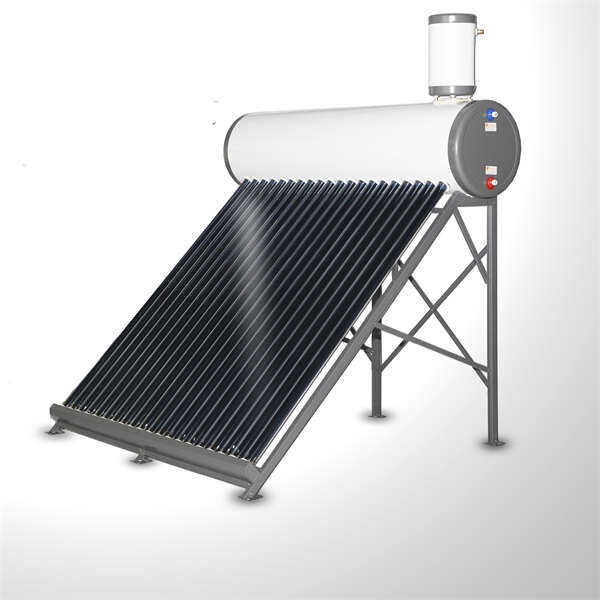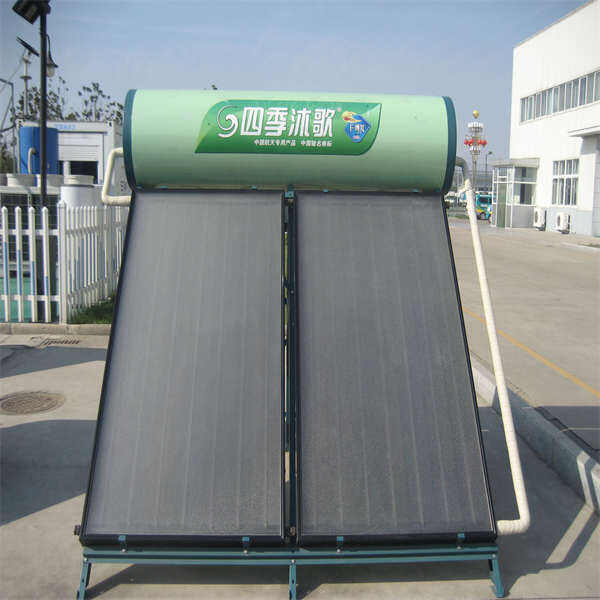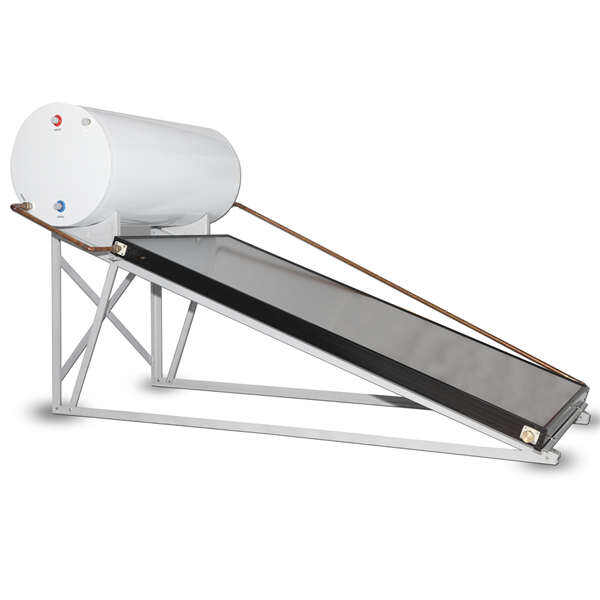Where does hot water come from you might have asked? A common question asked by many. A solar water heater is namely one of the ways in which we can heat up water. How Does a Solar Water Heater Work?[Completed Guide 2020] A big ball of fire in the sky that gives off heat and light is what the sun is. This power is strong enough to be used as a heating agent for water in our homes. We then have solar water heater that takes this collected heat from the sun and we use it to warm all of our chores (taking a shower, doing dishes, laundry).
Heating water is a common energy usage for homes. In fact, it is one of the biggest users! If you have a conventional water heater, it uses massive amounts of electricity or gas to heat the water. Which in the end costs you a lot of your money on monthly energy bills. When that is solved by switching to solar water heater, you do not have all of those energy bills and save money as well because the sun does exist etc... Although you may have to lay files initially for this type of water heater, you will realize savings over time in the form reduced electricity or gas usage towards heating the water. Over time this really can make a difference in your monthly bills!

Energy that can be created again and agian without running out is called Renewable energy. Take the sun for example, our most under-utilized energy source; It is always there - shining and powered up just waiting to be harnessed. Via the use of a solar water heater, this clean energy that's appropriate to your ecosystem is employed. This is significant as using coal or gas, containing fossil fuels can damage the world and also reducing its supplies. It creates pollution that will eventually destroy the air we are breathing and the water we drink. Despite these issues, you cannot face harmful effects when considering a solar water heater. Rather you are cleaning the Earth and helping it be healthier for our coming generations.

Things to consider prior installing solar water heater The first thing is that your house needs to have enough sunlight for the water be heated efficiently.) A solar water heater may work only in part -- or not at all -- if your home receives light from trees,buildings and shading. First, you must confirm is that there are enough space to install those panels on the roof or in any place where you planning for your solar water heater plant. Those panels are what make the energy of sunshine. You might also need to find that your municipality would require you built a permit for building the solar water heater. You should always check your specific areas rules and regulations to be certain you are within statute.

So if you go for a solar water heater, this work is beneficial in the way that some information about what to consider before deciding and several other merits also can be taken into account. An advantage of an efficient unit is that it will also help reduce your energy bills over time. The other one is that you will use clean energy, which obviously (surely) isn't harming the environment like when using for example fossil fuels. However, there are also a couple caveats. Another example is that a solar water heater is more expensive than installing a traditional one. The initial cost side of the equation is admittedly high, so if you are planning on saving money in your energy bills then it can take a number of years before savings start to reap incentives. Moreover, if you live in a region of the planet where there are rainy or cloudy days all year round then solar water heater may not be as efficient and it can affect hot water storage.